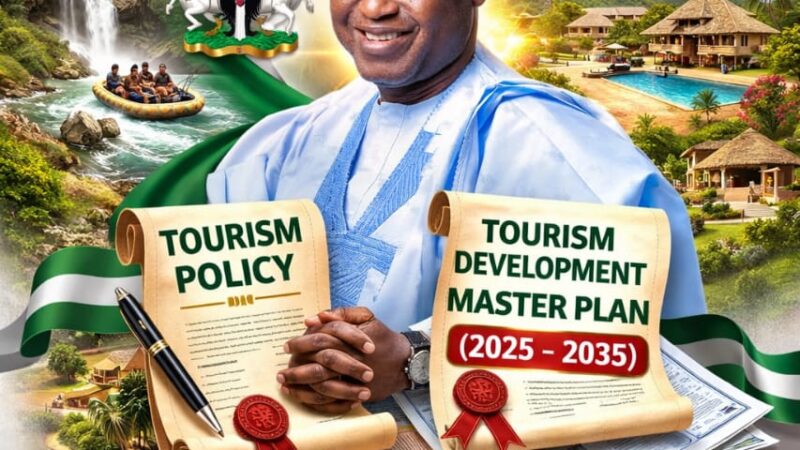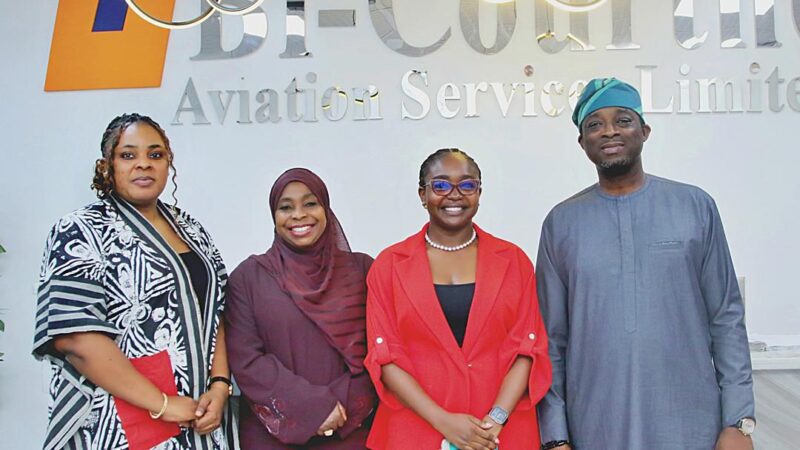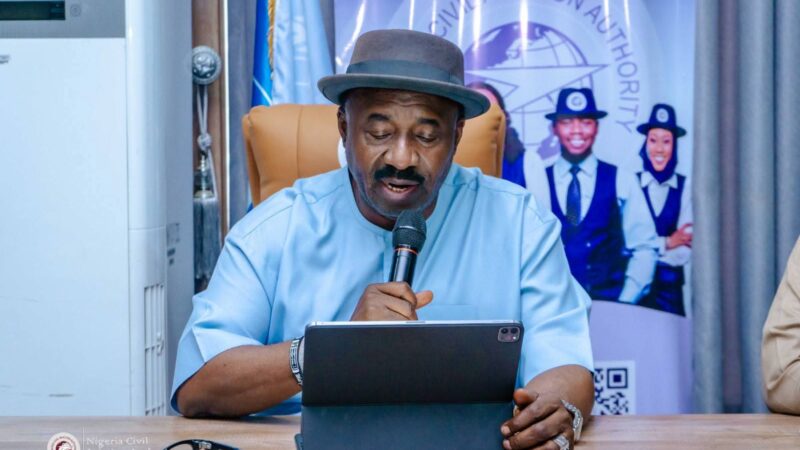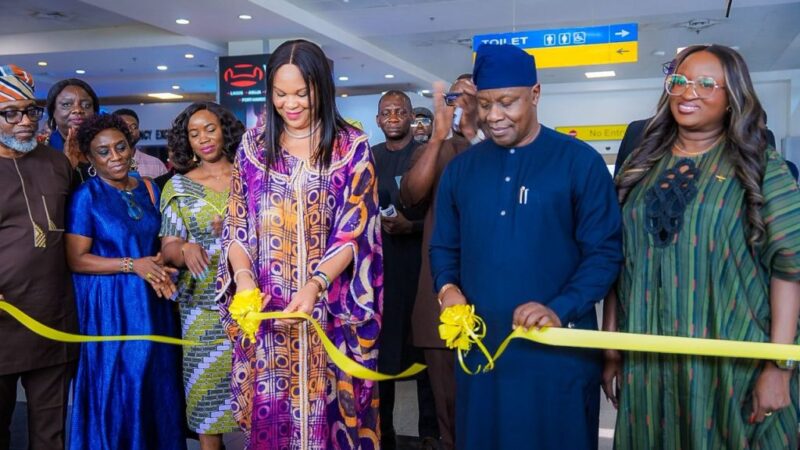DRC Presidential Election: Félix Tshisekedi declared winner amidst controversial circumstances
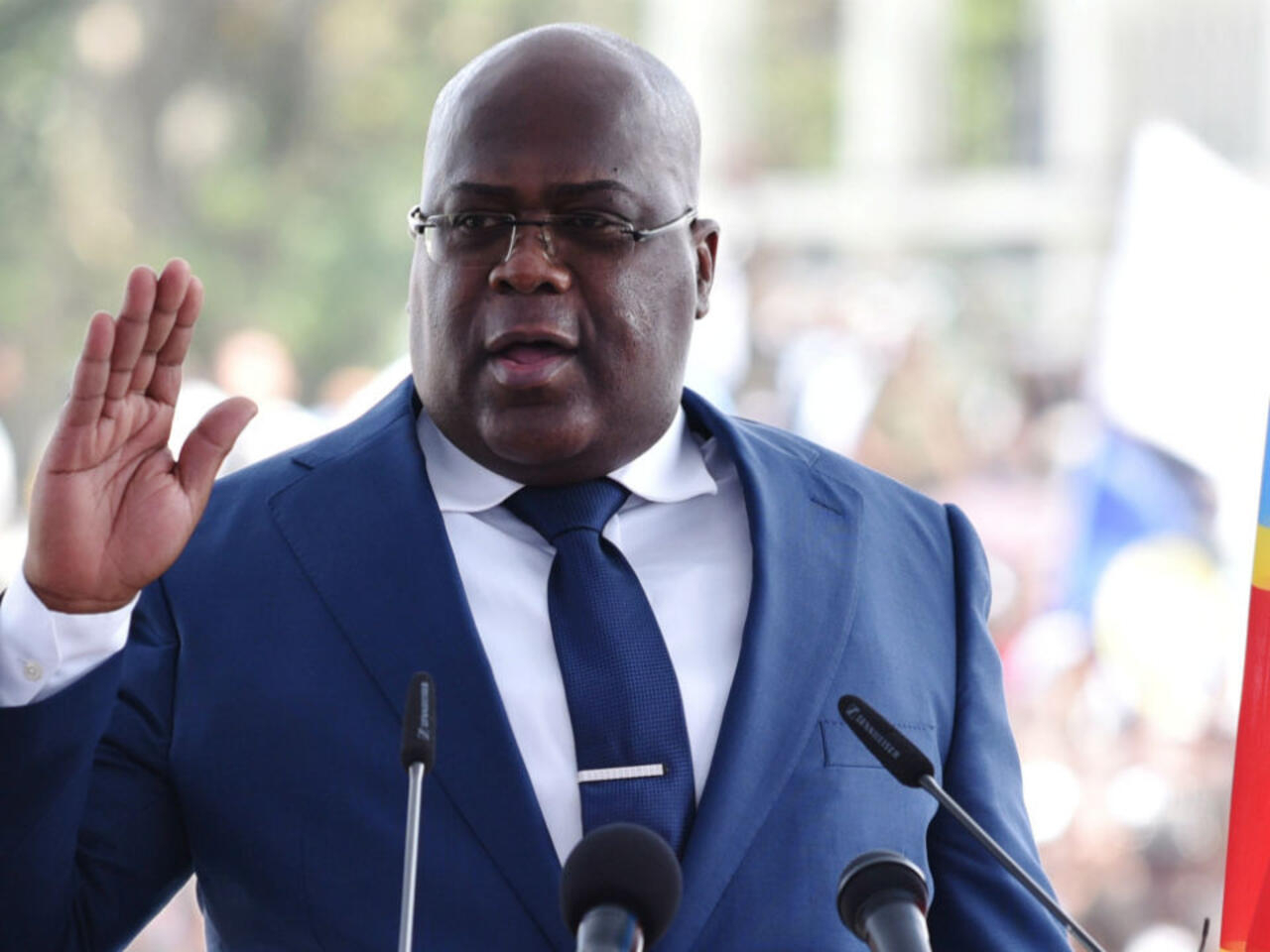
President Félix Tshisekedi has emerged victorious in the Democratic Republic of Congo’s election, securing approximately 73 per cent of the votes.
However, the electoral process, held on December 20, has faced widespread criticism, with logistical challenges prompting several opposition candidates, including main rival, Moise Katumbi, to label the election a “sham” and call for a rerun.
The election, plagued by extensive logistical issues, saw delays in the opening of two-thirds of polling stations and malfunctions in 30 per cent of voting machines on the first day.
The BBC reports that millions endured lengthy waits, and some voters left without casting their ballots.
The opposition alleges these problems were orchestrated to manipulate results in favor of President Tshisekedi.
Despite the opposition’s call for protests, President Tshisekedi’s victory celebration has prompted the deployment of the army in various parts of the capital, Kinshasa, to prevent potential unrest.
Election chief Denis Kadima acknowledged irregularities but insisted the results reflected the will of the people.
President Tshisekedi, the son of veteran opposition leader Étienne Tshisekedi, is set to be sworn in for a second term on January 20.
The opposition’s discontent raises uncertainty, with some candidates considering legal challenges.
However, doubts about the independence of the courts have deterred potential challenges.
Daily African Times gathered that the Constitutional Court has a 10-day window to address legal disputes before announcing final results on January 10, 2024.
DR Congo, facing infrastructure challenges and extensive poverty, is four times the size of France, and its elections also determine parliamentary, provincial, and municipal representatives.
During the campaign, President Tshisekedi criticised Rwanda’s President Paul Kagame, accusing him of supporting the M23 rebel group.
Despite vows to declare war on Rwanda, observers dismissed this as nationalist rhetoric.
Notably, elections were not held in conflict-ridden eastern regions, home to valuable mineral resources, including cobalt crucial for lithium batteries in a future without fossil fuels.


